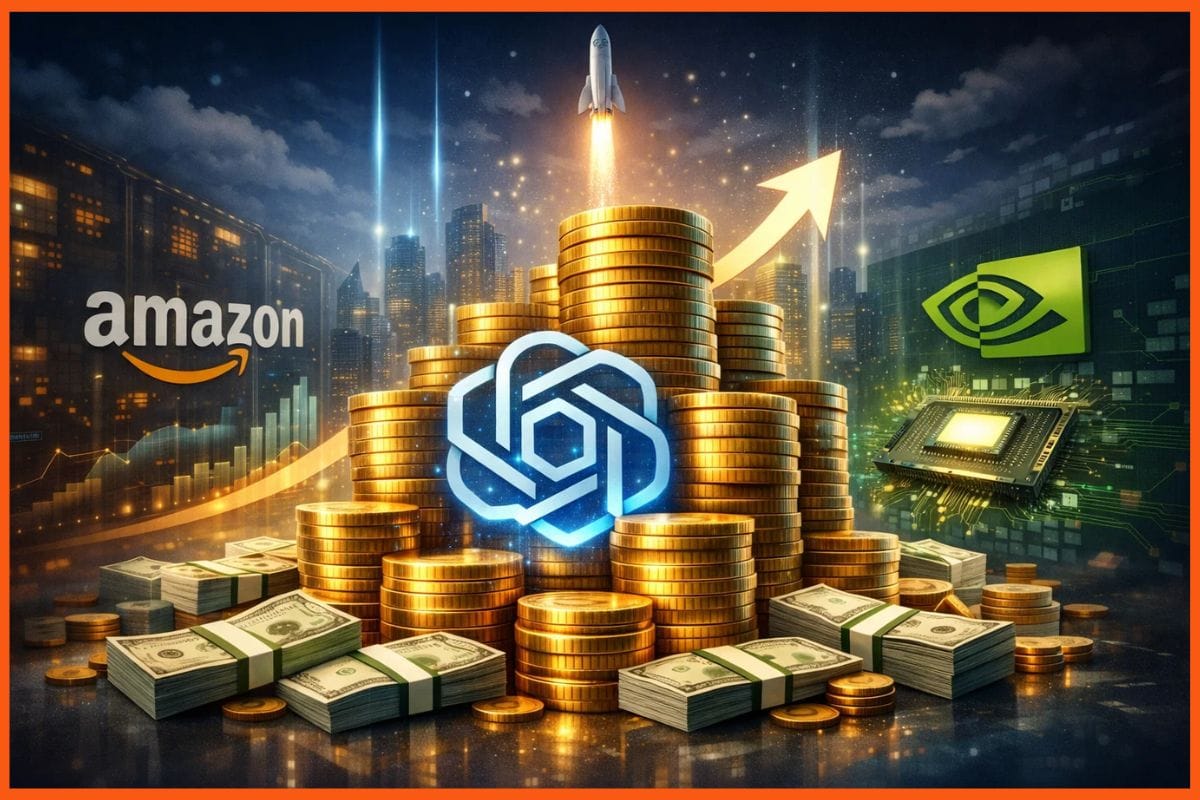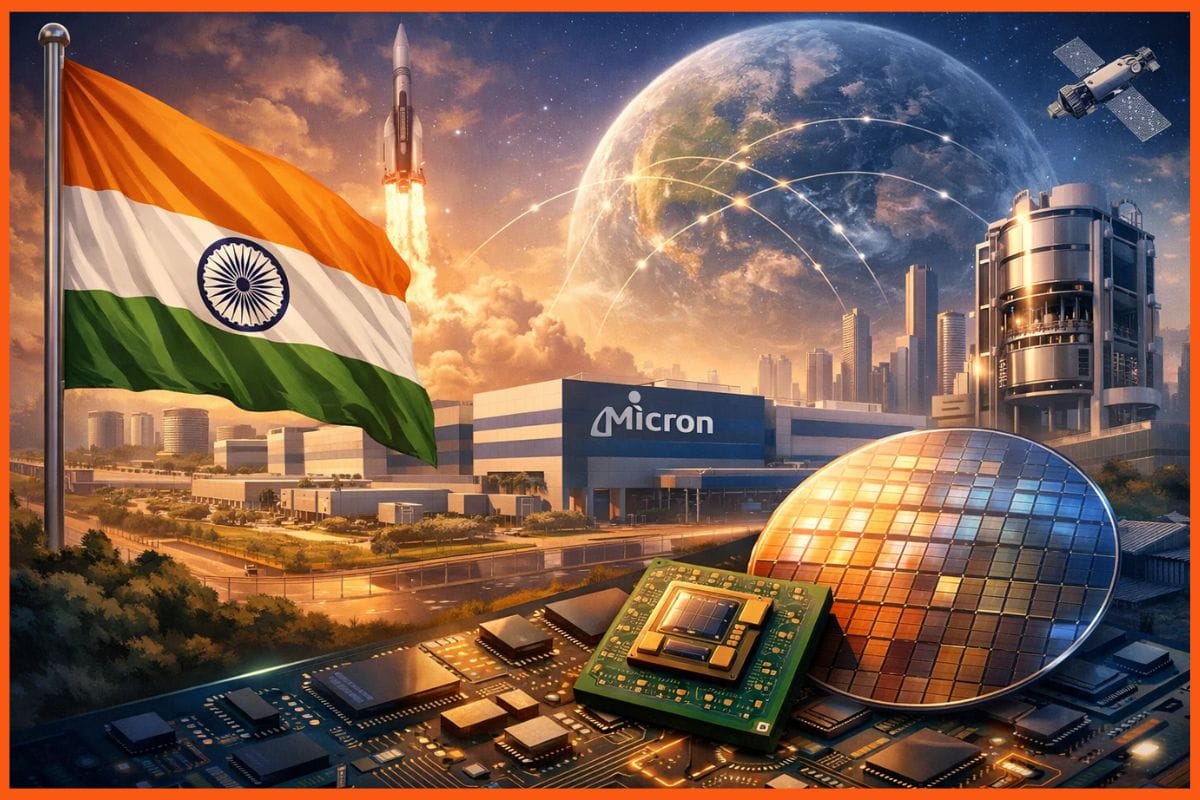Dr. Ryohei Mori Discusses Leading Green Science Alliance and Advancing Sustainable Innovation
📝Interviews
Dr. Ryohei Mori, CEO of Green Science Alliance, a group company of Fuji Pigment Co., Ltd., has a rich academic and professional background that spans from the Kyoto Institute of Technology to Harvard Business School. Dr. Mori is dedicated to developing innovative materials and products to combat climate change.
In this interview, he shares insights into his journey, leadership lessons, and the groundbreaking work at Green Science Alliance aimed at creating a carbon-neutral, sustainable future.
StartupTalky: Could you share insights into your professional journey and experiences? Additionally, what drives and motivates your daily routines?
Dr. Mori: I went to Kyoto Institute of Technology and graduated in 1997 with a degree in Applied Biology. In 1999, I finished my master's degree in science from Kyoto University, in Japan, followed by PhD in Engineering from Kyoto University. I also completed the General Management Program at Harvard Business School.
I worked in Nissha Company and worked as a sales engineer and translator in Oulu Finland. Then I worked as a researcher at Fuji Pigment Co. Ltd, Japan, and became CEO in 2017.
I also established Green Science Alliance Co., Ltd. and the Quantum Materials Technology, and engage myself as the President of both companies.
Especially at the moment, I am focusing on the Green Science Alliance Co., Ltd. business. I try to research and develop cutting-edge materials and products based on materials synthesis engineering technology at a molecular level. When one creates new materials which is controlled and optimized at a molecular level, that material have a possibility to show significantly enhanced physical and chemical properties.
Based on this technology, I have developed various types of environmentally friendly products including biomass-based chemicals such as biodegradable plastic, next-generation type rechargeable batteries, platinum-free (less) fuel cells, printable quantum dot solar cells, CO2 capture and utilization (artificial photosynthesis), etc.
My motivation is to establish a carbon-neutral, sustainable society with actual cutting-edge technology, in order to decrease CO2 emissions as well as mitigate climate change. These are the technology, products, and business for Green Science Alliance Co., Ltd.

StartupTalky: Reflecting on your extensive industry background, what standout lessons have you gained, and can you elaborate on your distinctive leadership style?
Dr. Mori: With my technical background, I can develop cutting-edge materials and products as I wrote above as Green Science Alliance Co., Ltd business. However, to develop such products and to sell those products are different issues. This development took many years although fortunately with the financial help of the base company which is Fuji Pigment Co., Ltd., I was able to achieve such cutting-edge products.
Therefore, as a leader, it is important to promote both ongoing profitable business and cutting-edge research at the same time, with different types of employees, who are interested in an already existing profitable business and who are interested in developing cutting-edge products.
StartupTalky: Dive into the core offerings of Fuji Pigment Group. Furthermore, shed light on the unique value propositions that individuals or businesses can anticipate from your services.
Dr. Mori: I would like to describe based on the Green Science Alliance business and not based on the Fuji Pigment business. I try to offer actual products and technology to create a sustainable, carbon-neutral society. Those are plant-natural biomass-based chemicals such as biodegradable plastics, biomass coating, biomass paint, etc… The main concept is to replace all petroleum-based chemical products with plant, natural biomass-based chemical products so that we can contribute to the decrease of CO2 emissions, and reduce plastic pollution.
In addition, by developing next-generation-type rechargeable battery (which could be cheaper and stronger than lithium-ion batteries), platinum-free (less) fuel cells, printable type quantum dot solar cells, CO2 capture and utilization (Artificial Photosynthesis), CO2 emission also could be decreased in order to slow down the climate change. I am also developing a quantum dot-based nano fertilizer, an anti-bacterial material for agriculture, and a water harvesting device from the air, based on metal-organic framework technology. By offering these cutting-edge technologies, individuals and businesses may get profit to build up a sustainable, carbon-neutral society.
StartupTalky: In navigating your role as a leader, what significant business challenges have you confronted, and what strategies did you employ to successfully overcome them? Also, balancing the preservation of company heritage with the imperative to innovate and adapt to change can be challenging. How do you manage this delicate equilibrium within your organization?
Dr. Mori: I would like to answer the above 2 questions in the following answer.
Performing cutting-edge research that does not produce revenue for a long time and promotes ongoing profitable business simultaneously. To keep a profitable business profitable is also difficult because if I concentrate on cutting-edge research too much, profitable businesses become non-profitable at the end. In order to overcome this issue, give up on making employees work on cutting-edge research and let them concentrate on already existing businesses. And make separate team members to work on cutting-edge research.
StartupTalky: Envisioning the future, could you elaborate on the destination you are steering towards in your professional journey?
Dr. Mori: Not only raw materials as a chemical company (B2B business) but also creating plant natural products for direct customers (B2C business). For example, we are selling some plant-natural resin-made bioplastic products, nail cosmetic products, etc… so that people can recognize our company.
Another example is the rechargeable battery. So far, we focused on supplying raw materials for rechargeable batteries. But now, we are preparing to manufacture some kind of special rechargeable battery (Black Mass based recycled type rechargeable battery, which could be the first time in the world as a practical recycled type lithium-ion battery) as a B2C business.
By promoting both B2B and B2C business, I am planning to accelerate the business rapidly.
I am planning to make Green Science Alliance Co., Ltd. to be independent from Fuji Pigment Co., Ltd. by raising capital from investors. I have set up Green Science Alliance CCo., Ltd. branch offices in Biel/Bienne, Switzerland, and Toronto, Canada, also preparing for a branch in Mexico. Planning to go public in a stock exchange market either at Nasdaq, or Tokyo, Japan.

Must have tools for startups - Recommended by StartupTalky
- Convert Visitors into Leads- SeizeLead
- Website Builder SquareSpace
- Run your business Smoothly Systeme.io
- Stock Images Shutterstock






